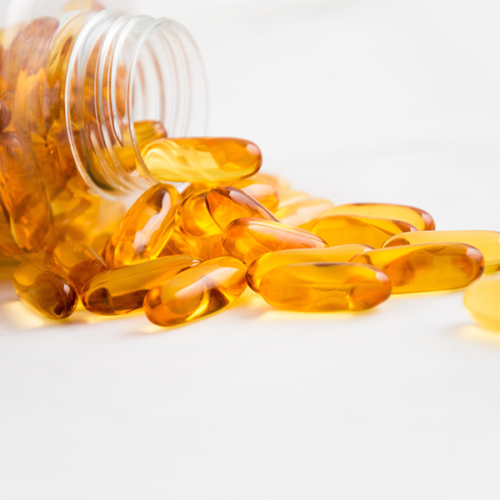
The agriculture and food system accounts for 34% of greenhouse gas (GHG) emissions. France has committed to reducing GHG emissions by 46% by 2025. A joint study by the French Society of Nutrition (SFN) and the Climate Action Network (RAC) carried out by Nicole Darmon showed that a 50% reduction in meat consumption combined with an increase in the consumption of adequate vegetables reduces the carbon impact by 35% while satisfying nutritional recommendations for adults.

The World Gastroenterology Organization (WGO) recently released an updated guideline document, aimed at helping gastroenterologists and other physicians understand the appropriate clinical applications of probiotics or prebiotics. The guideline was created with input from experts in gastroenterology, probiotics and prebiotics, with efforts co-led by experts from the International Scientific Association for Probiotics and Prebiotics (ISAPP). To create these guidelines, experts comprehensively evaluated the evidence from randomized, controlled trials for gastrointestinal conditions, including which specific prebiotic strain or substance showed a positive effect. The guidelines present a list of conditions for which there is positive evidence for the effectiveness of probiotics and/or prebiotics.

WHO/Europe is calling upon consumers to become a part of a project aimed at creating a healthier society. Indeed, consumers can participate to the test of an artificial intelligence (AI) tool that will help countries across the WHO European Region to effectively monitor and regulate the promotion of harmful products from tobacco and alcohol to foods high in salt, trans fats and sugars – and to monitor the marketing of breastmilk substitutes and foods for infants and young children.

The bill, which contains provisions banning the production and marketing of animal cell-based cultured food and feed, was proposed by the Minister of Agriculture, Food Sovereignty and Forestry and the Minister of Health, and approved by the Council of Ministers.

Better supervision and control of technology is the Senate’s vigilance recommendation. The Committee on Economic Affairs in the Senate recalled its anthropological, ethical, cultural and, in short, political opposition to the development of “cellular foods”. Promising on paper (environment, animal welfare), this innovation according to the Senate, will in no way be essential in the food transition, and would not be without impact on livestock farming. It then made eighteen recommendations grouped into three areas respectively focused on the authorization process strengthening, the information to consumer and research.

The right to use Nutri-Score is optional and free. It was implemented for the first time in France in 2017, based on the work of the team of Pr. Serge Hercberg as well as the expertise of the National Health Security Agency (ANSES) and the High Council of Public Health (HCSP). Since its launch in France, several countries have decided to recommend its use: Belgium, Switzerland, Germany, Spain, the Netherlands and Luxembourg. The logo is awarded on the basis of a score taking into account, for 100 g or 100 mL of product, the content: of nutrients and foods to promote (fibers, proteins, fruits, vegetables, legumes, nuts, rapeseed oil , nuts and olives) and nutrients to limit (energy, saturated fatty acids, sugars, salt). The Nutri-Score of drinks has been modified.

An international cross-sectional study recently published in the British Medical Journal found that infant diet products communicated from 1 to 4 health and nutrition claims. The authors pointed out that 2/3 of the products with at least one claim did not provide any reference. When registered clinical studies were referenced, the authors noted a high risk of bias.

The cannabidiol, CBD, an active substance most often of natural origin, is one of the phyto-cannabinoids. CBD, as the tétrahydrocannabinol (THC ), is present in the cannabis flowers and leaves. It is a non-addictive psychotropic drug, unlike THC. It is also a component in the form of an extract, medicine, or everyday consumer products, only some of which are authorised in France under specific conditions of THC content. In addition, CBD is considered at European level as a novel food whose safety is currently being assessed by EFSA.

Following an exploration of potential regulatory pathways for cannabidiol (CBD) products by an internal Food and Drug Administration (FDA) working group, the FDA concluded on January 26, 2023, that a new regulatory pathway for CBD is needed to provide the regulatory oversight necessary to manage risk. The Agency is prepared to work with Congress on this issue.

The impact of the rhythm of daily physical activity (here called “chronoactivity”) on the risk of cardiovascular disease (CVD) remains unknown. The aim of this study is to examine the associations between chronoactivity and different cardiovascular outcomes based on physical activity data from the UK-Biobank.